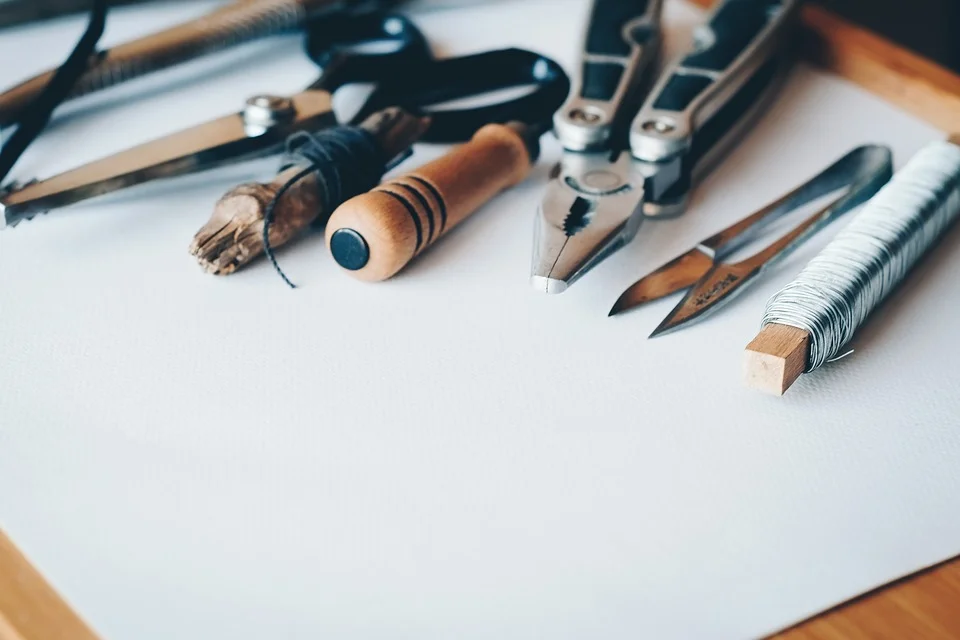Expect The Unexpected Or Your Wallet's Going To Feel The Brunt Of The Damage
(Image: iStock)
Things might be plain sailing at the moment. However, it’s never a good idea to assume that will always be the case. Especially if you have a family that relies on you. There might be sudden huge costs in home repairs, or you might get injured and find yourself contending with medical bills. Financial emergencies can come out of anywhere.
For that reason, it’s important to be prepared for them at all times. Here’s how you can start living with an expectation of the unexpected.
Figure Out Your Net Worth
(Image: Pixabay)
It’s always a good idea to get an idea of what you are worth in your entirety. Your net worth takes into account all your assets, all your savings, accounts, investments, and material goods. It also takes into account all the money you owe.
If your net worth is in the positive figures, then it’s telling you how much money you could free up if you absolutely need to. It serves as a reminder that you still have assets to use if things get really ugly. Naturally, you want to deal with any future costs without having to dip too far into your net worth, but it should also serve as metric that keeps you from accepting too much debt.
Set An Emergency Fund
The next step is to start laying down the groundwork that will help you cope economically in the worst of situations. It’s most commonly recommended that an emergency fund should be enough to cover all your existing income for three-to-five months.
That means in the worst-case scenario that you lose your ability to earn without any other recourse, you give yourself some breathing room. With some frugal spending, you can keep that emergency fund stretching when you need it, too. It’s important you don’t use the emergency fund to dip into whenever you have need of a little extra cash, too. If you have home or car repairs that need sorted, then set up an extra fun for them as well.
Know When You Can Handle It Yourself
(Image: Pixabay)
When the going is good, it’s easy to rely on contractors and services to take care of any little hiccup in your day-to-day life. If your computer is slow, you can send it off. If your boiler is acting up, you can call someone in. There’s nothing wrong with being willing to pay for convenience. However, it’s a good idea to start learning how to take care of your own home and your own assets as much as possible.
That way you’re not left completely useless when you know you need to save money by skipping the route of hiring a contractor. The same goes for reducing the costs of maintaining your car, as well.
Prioritize Your Spending
Take another look over how much you spend in the course of a month. Take the time to identify the source of every cost and separate them into different categories. Essential groceries, luxury items, essential bills, non-essential bills. Even when you’re entirely able and happy to keep up with them, you should be prepared for when that is no longer the case. You need to identify the costs that you will be able to cut down first.
Start prioritizing your spending. Find what you absolutely have to spend and subtract it from your income first. Then set between 15% and 20% that you can set aside to deal with debt repayments of adding to your emergency fund. Prioritize it before the rest. That way, you make sure you’re never in the position where you can’t build your savings because you went over-budget.
Keep Some Borrowing Options Open
(Image: Pixabay)
When you get in trouble, sometimes you find that you need money quicker than you’re able to get a hand on it. You know you can pay off what you owe, you just can’t do it in time to avoid some gargantuan fees. That’s why it’s a good idea to always have options of borrowing money available. Take care of your credit and keep credit cards open so you’re able to access them. If they’re not an option, then look at other places like a financial marketplace that can offer loans even without a credit check.
Just make sure you understand fully how you will pay them off before you agree to them.
Get Rid Of Those Bad Habits
There are plenty of bad practices you need to get rid of now while you have the luxury to. Speaking again about your credit, it’s time to stop treating it like a temporary source of money. You should save it for real life investments. Buying a car, buying a home, starting a business. Use it for the decisions that have the potential to actually improve your financial standing. Another habit to get rid of is keeping subscriptions that you no longer make use of. It’s easy to subscribe to a service and forget about it.
Again, you need to keep a close eye on your bank statements and know where your money is going. That way, if you need to free it up, you know exactly how you can do that.
Don’t Be Afraid To Ask For Help
(Image: Pixabay)
Don’t let pride get in the way. Even if you don’t need help now, you should look into sources of it for the future. For example, know who to call if you get in an accident that isn’t your fault but threatens to seriously impact your finances. Then know any local services that you might be able to use to help pay for rent and other important expenses. If things get really dire, you should even be open to asking your landlord for an extension or some help. Most people are more reasonable and sympathetic than you might fear.
The more planning you put into building yourself some security, the easier you’ll find it to deal with hardship if and when it rears its ugly head. The longer you put it off, the more danger you put yourself in of being unable to escape spiraling debt.
This is a post that may contain affiliate links





